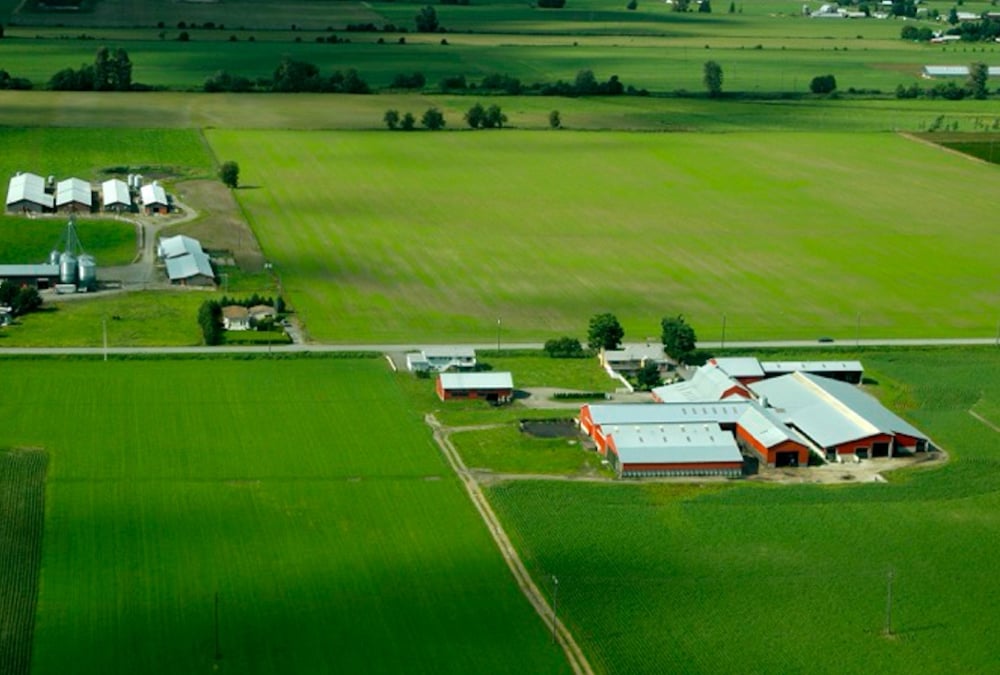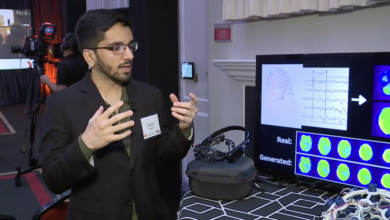Opinion: A new fight on the artificial intelligence front

At the recent Farm and Food Care Ontario annual meeting in Elora, the focus of afternoon presenters was on artificial intelligence.
Read Also

How land expropriation happens
The land expropriation case in Wilmot township, Waterloo Region, continues to develop. While the exact purpose of the expropriation remains…
It wasn’t the usual rhetoric dominating the news and social media channels right now, which seems to be focused on how artificial intelligence tools may soon replace millions of jobs and perhaps take over the world.
There’s no doubt these tools are developing at a rapid pace, more rapidly than many of us realize or would like to admit.
Putting fears aside, many open-source AI tools could indeed be helpful to the agriculture sector. AI could soon have the ability to detect insects and disease much faster than ever considered possible, making chemical and drug use more effective or unnecessary.
It’s already being used for spot spraying, for example, ensuring herbicides and pesticides only go where they need to go. It can be used to monitor soil conditions and improve yields as well.
The greatest advantage of AI is its ability to collect and analyze large amounts of data, which will make it easier for farmers and companies to make more informed decisions more quickly.
The possibilities could be endless.
But this rapid development in AI does have some serious drawbacks, according to two of the Food and Farm Care Ontario speakers.
Graham Taylor, a professor and Canada Research Chair in Machine Learning with the University of Guelph’s School of Engineering, said while AI has enormous potential, it needs better government oversight.
The primary reason is AI tools need human training. If the humans doing the training have bad intentions or want to ensure their messages or beliefs are the only ones understood and promoted by AI, the resulting product will not be of benefit. It could, in fact, be very detrimental.
Cami Ryan, a senior business partner, industry affairs and sustainability with Bayer CropScience Canada, spoke about how AI tools could be used to spread misinformation about agriculture.
She’s also a social scientist and has spent much of her career with Bayer, and previously Monsanto, monitoring attitudes the public has about agricultural practices.
She brought up an interesting point about AI and had a message for the audience about how it could be used by those against agriculture to spread misinformation, something the agriculture sector has been battling for some time, particularly since the advent of social media platforms.
She suggested agricultural organizations and groups consider hiring a team member who is skilled and knowledgeable with artificial intelligence.
This is a great idea, and something the industry should seriously consider doing sooner than later.



